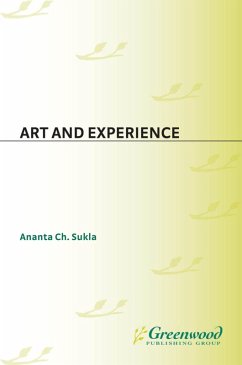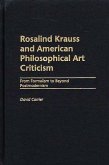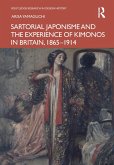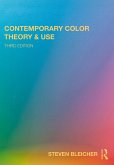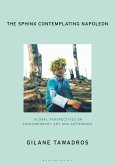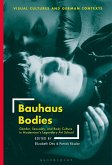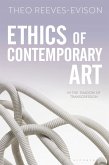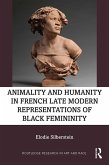In recent years, experience has been one of the most ambiguous, evasive, and controversial terms in myriad disciplines including epistemology, religion, literary theory, and philosophical aesthetics. Its association with the subjective consciousness has deprived it of the cognitive status of human knowledge. ^IArt and Experience^R aims to grasp a firmer hold on this elusive concept, via essays written by a distinguished group of international scholars who have rediscovered the foundation of experience and restored its cognitive status in understanding our cultural activities. Indeed, emotions and experience play a vital role in human cognition, and the symbiotic relationship between culture and experience is a subject long overdue for further study. Clarifying the intricacies scholars face in understanding the concept of experience, this volume's broad approach makes it an invaluable contribution to the study of the humanities. Its uniqueness lies in its focusing on the manifold aspects of the concept rather than in drawing any singular, dogmatic conclusion about its nature and function.
Bitte wählen Sie Ihr Anliegen aus.
Rechnungen
Retourenschein anfordern
Bestellstatus
Storno

